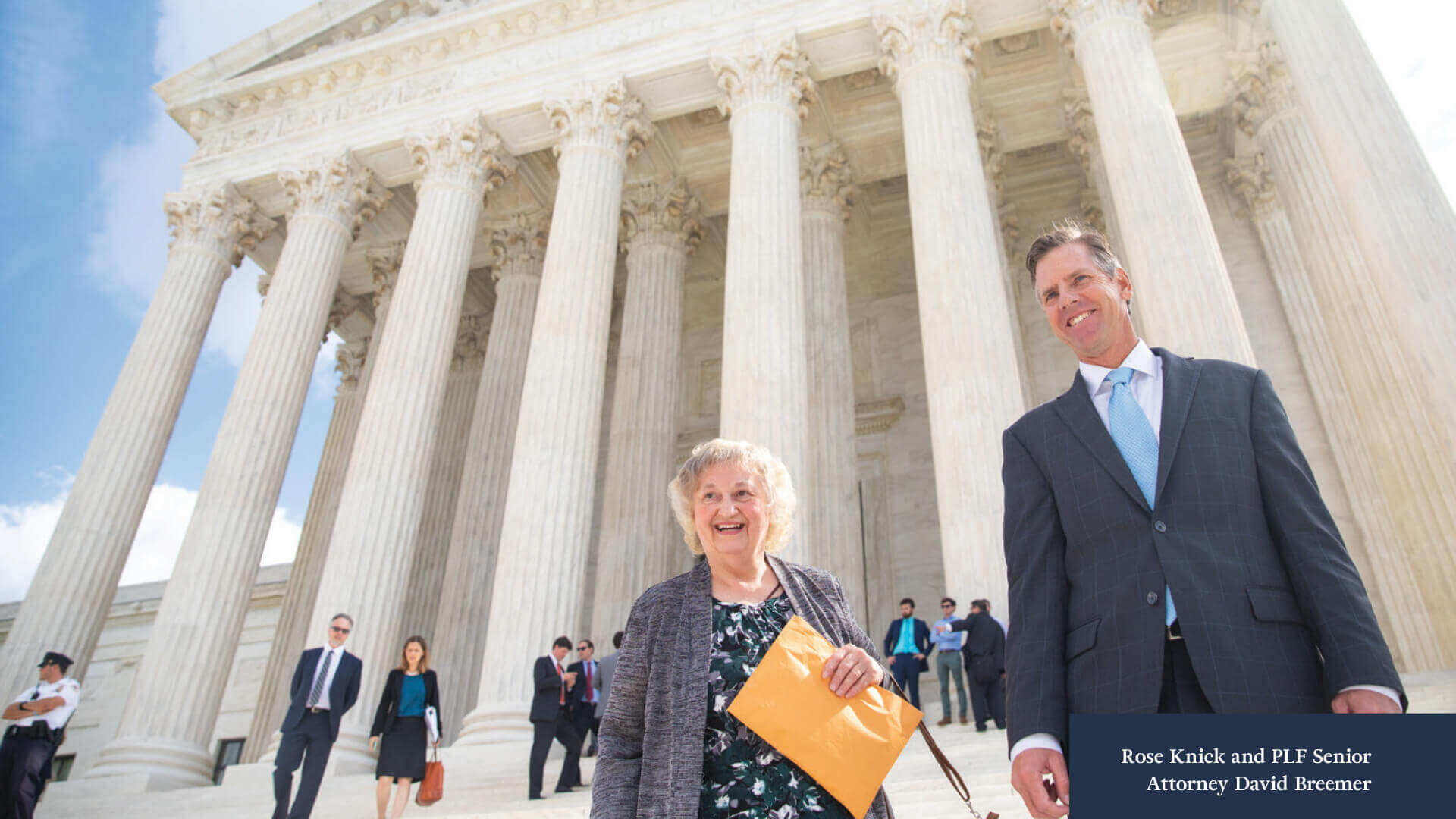SEVERAL YEARS AGO, local officials in the small town of Marquette, Michigan, planned to build a road so that large industrial mining trucks would bypass busy city streets and schools. By providing a shorter, more efficient route, the new road would assist local industry, make city streets safer, and decrease pollution by saving more than 450,000 gallons of fuel yearly.
The plan also would affect some wetlands, which meant the officials needed a permit under the Clean Water Act. The Marquette County Road Commission applied for that permit from the state of Michigan, one of only two states with authority to issue such permits.
After a lengthy and expensive application process, the Road Commission obtained the necessary permit approval from Michigan. But the Environmental Protection Agency then arbitrarily vetoed that permit—killing the project.
To appease the feds, local officials offered to dedicate to conservation 26 acres of wetlands for every one acre affected by the project, but the EPA was not satisfied. The EPA’s veto left the Road Commission with two bad choices: either give up on the road or start over and apply for a permit from the Army Corps of Engineers—a process that costs the average applicant more than $250,000 and can take more than two years to complete.
Left with no good options, the Road Commission sued, because the EPA’s arbitrary veto of the permit violated the law. The trial court dismissed the case and, on appeal, the U.S. Court of Appeals for the Sixth Circuit held that the EPA’s veto could not be challenged at all. Instead, the Road Commission would have to start over and apply for a permit from the Corps before it could challenge a permit denial.

As we explain in our petition to the U.S. Supreme Court, that decision does not square with PLF’s previous Supreme Court victories in Sackett v. EPA and U.S. Army Corps of Engineers v. Hawkes Company. In both cases, the feds similarly argued that federal courts could not review their actions until the property owners either applied for Clean Water Act permits or were fined. The Supreme Court disagreed— unanimously—because property owners suffered severe consequences from each agency’s respective decision.
Recognizing that federal courts can review the permit veto in this case would further Congress’s intent that states accept primary responsibility for the development and use of land and water resources. Only Michigan and New Jersey have thus far accepted the responsibility to issue Clean Water Act permits, but more states are considering it—including Florida. But why would any state spend the time and money that this responsibility entails if the EPA can arbitrarily veto the state’s carefully determined plan without fear of judicial review? We hope the Supreme Court will cement the legacy of both of its earlier decisions by granting review and reversing the lower court.






